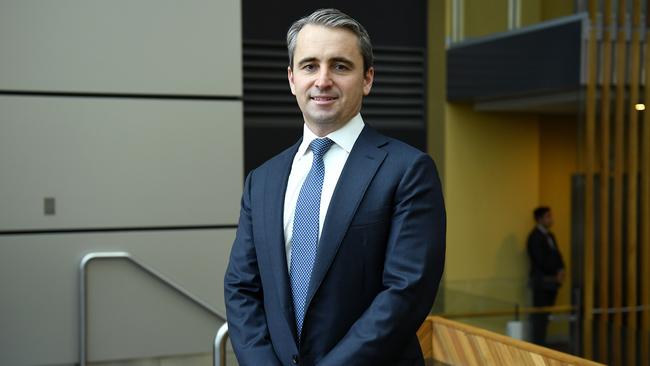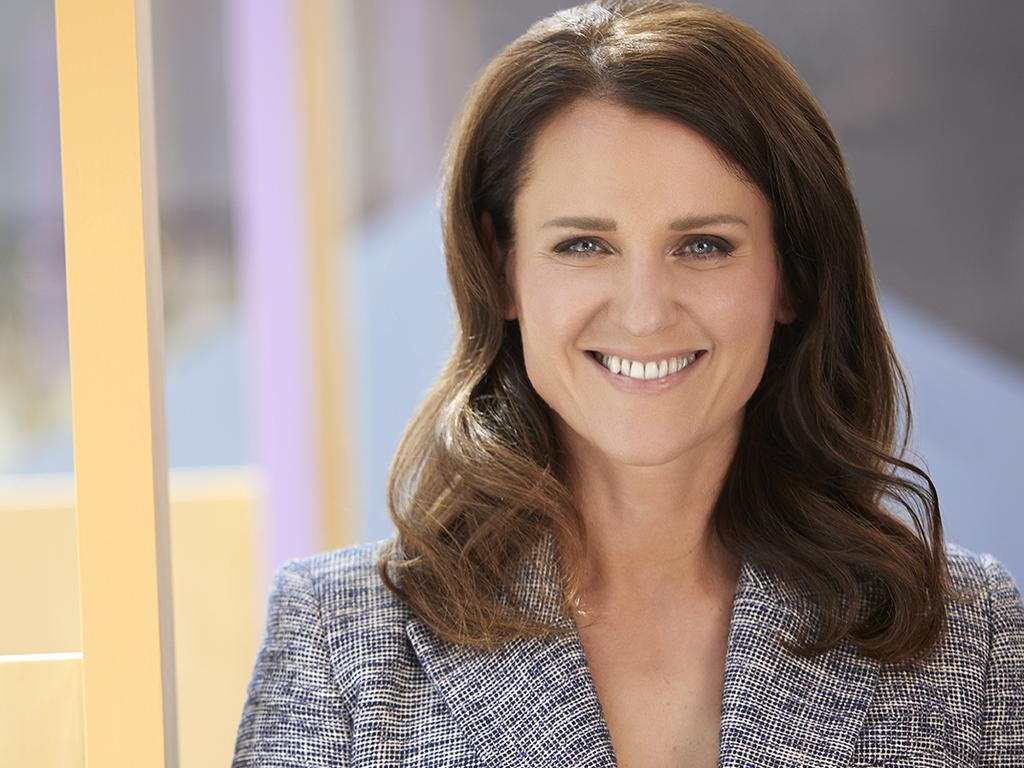Commonwealth Bank hails federal tax cuts as helping economy
CBA says tax cuts have helped support the economy, while credit ‘abundance’ is helping stabilise housing.

Commonwealth Bank of Australia chief Matt Comyn says the economy has been supported by the federal government’s tax cuts, but lamented that a low interest rate climate was creating challenges for banks and their customers.
After banks came under fire this month for not passing on the Reserve Bank’s 25 basis point rate cut, Mr Comyn stressed CBA was mindful of customers who relied on interest payments from savings for income.
“Lower interest rates are a feature globally, and the local cash rate has fallen 75 basis points since May. This low rate environment creates challenges for our customers and for financial institutions,” he told shareholders at the bank’s annual general meeting on Wednesday.
“We very much recognise that customers who rely on interest payments from savings balances have seen this income decrease.”
Mr Comyn also noted that while uncertainty about the outlook for global growth had increased through 2019, tax cuts had buoyed the local economy.
“There are signs that the government’s recent tax cuts for many Australian families have supported the economy at this time,” he said.
Mr Comyn also highlighted that there was an “abundance of housing credit available”.
That follows data showing that annual housing credit was growing at its lowest rate on record.
“There are encouraging signs that the market has stabilised,” Mr Comyn said of the housing market, noting that came after house prices had fallen in Sydney and Melbourne for 18 months.
On the bank’s home loan growth he added: “Home lending to our customers has grown 30 per cent faster than market growth. This means that we have lent $92 billion to our home loan customers in the last year.”
Mr Comyn also said CBA had an appetite to step up its lending to business, which was running at more than $500 million a week.
“Australian businesses remain the engine room of the economy, and their continued innovation, investment and growth is critical,” Mr Comyn added.
“Despite challenging conditions in some sectors, such as retail, construction and agriculture, the profitability of Australian businesses remains around its historical average.
“This has enabled most businesses to comfortably meet their debt repayments, and creates the capacity for investment and innovation.”
Mr Comyn also said CBA was taking “significant action” to simplify the bank and rectify the issues of the past, including those raised in the Hayne royal commission.
CBA chairman Catherine Livingstone said the bank was satisfied with the provisions it had taken so far to compensate customers for a range of past scandals including charging fees for advice that wasn’t provided.
“The team has been extremely diligent in working through all the possible issues,” she told the AGM.
“We’ve taken the provisions that we think are appropriate.”
Between 2014 and fiscal 2019, CBA has outlined total remediation and program costs of $2.17bn.
Ms Livingstone also said despite a “subdued economy” the bank had delivered strong operating results and its capital position was “unquestionably strong”.
The bank’s common equity tier one capital ratio stood at 10.7 per cent as at June 30, above the banking regulator’s “unquestionably strong” threshold of 10.5 per cent.
Ms Livingstone said CBA’s board was focused on taking “meaningful action” to restore trust in the bank.
She added that the bank continued to invest heavily in financial crimes compliance processes and was “working constructively” with AUSTRAC. That follows CBA paying a record $700 million fine last year for multiple breaches of anti-money laundering and terrorism financing laws.
Mr Livingstone also noted in seeking to lift governance and culture at the bank, CBA had set up a non-financial risk committee and a had introduced a new code of conduct.





To join the conversation, please log in. Don't have an account? Register
Join the conversation, you are commenting as Logout